Retirement is supposed to be a time of ease, but for many older Americans, certain cities just aren’t cutting it anymore. Whether it’s skyrocketing housing costs, overstretched healthcare systems, or simply too much noise and traffic, some urban areas are losing their appeal. While these places might have drawn in retirees a decade ago, today’s conditions are sending them packing. If you’re thinking about where to spend your golden years, these are the cities retirees seem most eager to escape.
1. San Francisco, California

San Francisco has long been a dream for many—mild weather, beautiful scenery, and walkable neighborhoods. But according to recent U.S. Census migration data reviewed by Forbes, the city’s high cost of living and tax burden have led many retirees to seek less expensive places. The average rent remains among the highest in the country, and even property taxes and utilities add up fast. Retirees on fixed incomes simply can’t stretch their dollars far enough here anymore.
The tech-fueled pace and steep terrain also aren’t ideal for older adults looking for quiet or easy mobility. Add in California’s state income tax, which applies to most retirement income, and it’s easy to see why many are heading to more tax-friendly states. Nevada, Arizona, and even Idaho are becoming increasingly popular alternatives. San Francisco may still be iconic—but it’s no longer practical for most retirees.
2. New York, New York
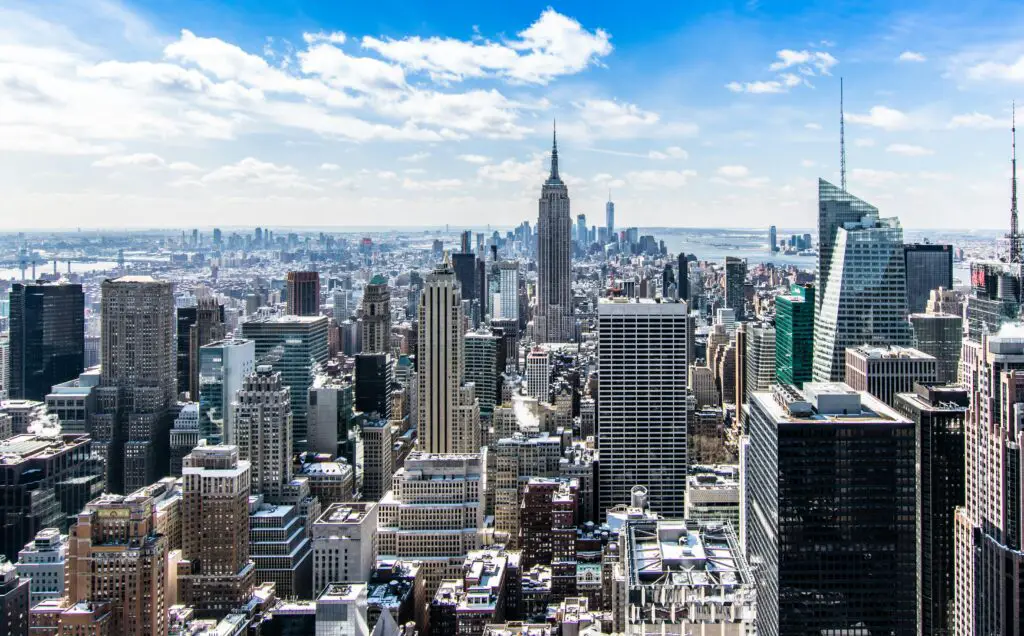
New York City offers unmatched cultural perks, but it comes at a steep financial and physical cost. As noted by CNBC, many retirees cite high housing prices, costly healthcare, and heavy taxation as primary reasons for leaving. The city’s frenetic pace and aging infrastructure—like subway stations with no elevators—don’t help either. Plus, safety and noise have become bigger concerns post-pandemic.
Retirees also find it harder to access affordable long-term care options in the city. The need to climb stairs, fight crowds, and pay top-dollar for groceries can quickly wear thin. Many are now opting for nearby New Jersey or Pennsylvania, where they can enjoy a quieter life without completely leaving the Northeast. It’s still the city that never sleeps—but retirees are looking for places that let them rest.
3. Chicago, Illinois
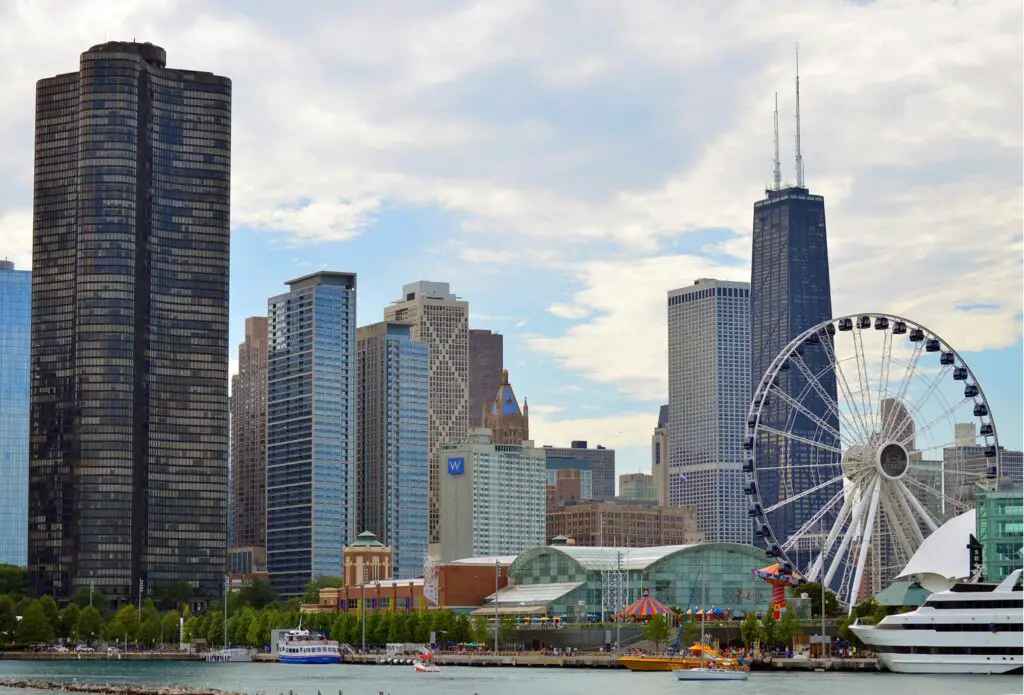
Chicago has a lot going for it—world-class healthcare, beautiful architecture, and lakefront views. But according to Illinois Policy, it also has rising crime concerns, high property taxes, and bitterly cold winters that are driving retirees elsewhere. In many neighborhoods, affordability has declined while crime stats have gone up. For people looking for comfort and security in their later years, that’s a tough trade-off.
Healthcare access is solid in theory, but long waits and staff shortages in certain facilities have left many frustrated. Plus, Illinois taxes retirement income, which makes nearby Indiana or Tennessee more appealing. Some longtime residents are relocating to the Carolinas or even Florida for warmer weather and more breathing room. For retirees, the Windy City is starting to feel like too much wind—and not enough calm.
4. Seattle, Washington
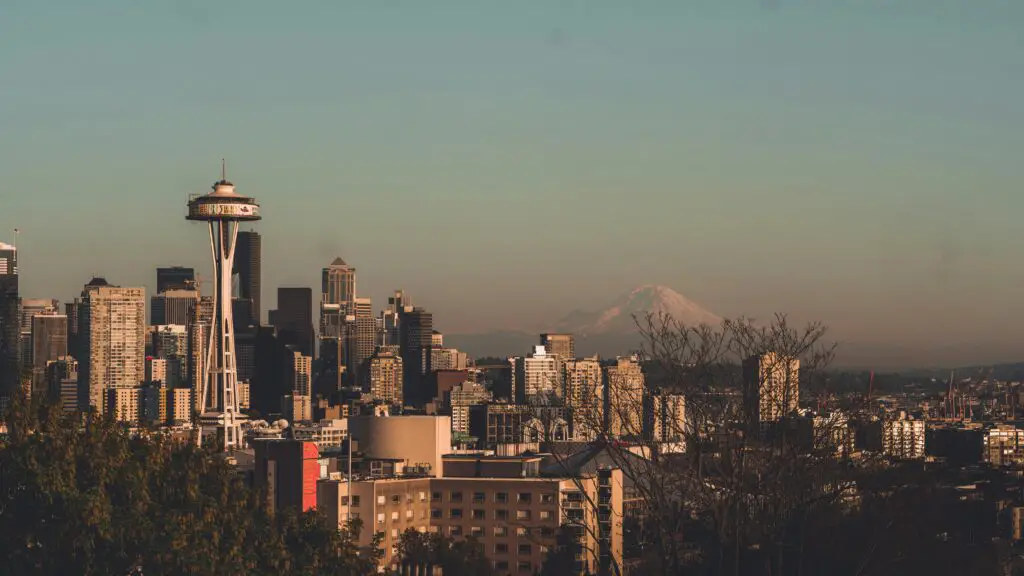
Seattle’s natural beauty and top-notch healthcare facilities once made it a retirement favorite, especially for active adults. But as reported by Zillow, rising home prices and increased cost of living are pushing many retirees to reconsider. In addition to affordability, retirees say Seattle’s traffic and density are increasingly hard to manage. What used to be a peaceful Pacific Northwest escape now feels more congested than cozy.
The state’s lack of income tax is a plus, but it’s not enough to offset other challenges. Even day-to-day expenses—from groceries to parking—are getting steeper. Many retirees now prefer smaller Washington towns or neighboring Idaho communities like Coeur d’Alene. Seattle might still be vibrant, but for aging residents, it’s starting to feel like too much hustle for too little comfort.
5. Miami, Florida
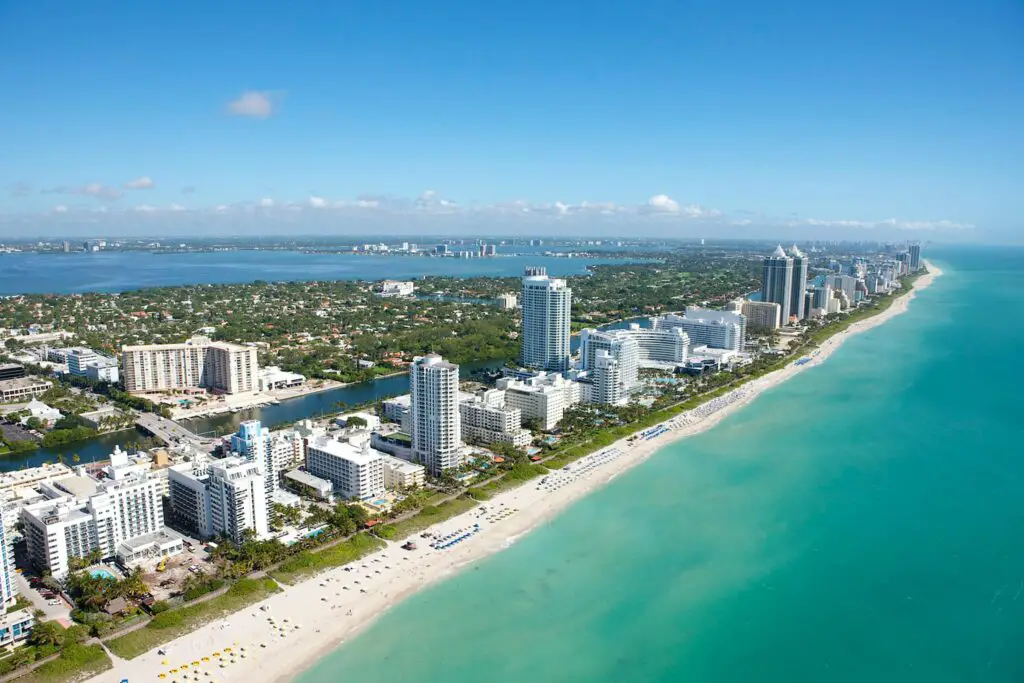
While Florida is known as a retirement hotspot, Miami is proving to be the exception for some. The city’s rising property insurance costs and vulnerability to hurricanes have become growing deterrents. Climate change is creating new risks—frequent flooding and extreme heat make daily life more difficult. And with housing costs spiking, many retirees are seeking calmer, less pricey Florida towns.
Places like Ocala, Gainesville, or even parts of the Panhandle offer more affordable options with less congestion. Miami’s flashy nightlife and condo boom might appeal to younger transplants, but many retirees feel squeezed out. The city also has growing traffic issues and a widening income gap. For those wanting a slower, more predictable pace, Miami is becoming too much of a gamble.
6. Los Angeles, California

Los Angeles continues to suffer from a well-known trifecta: sky-high housing costs, relentless traffic, and poor air quality. For retirees who hoped to age in place here, the reality is becoming increasingly difficult. Rental prices have surged, and even long-time homeowners are dealing with expensive property taxes and maintenance costs. Add in wildfire risks and long commutes to medical facilities, and it’s no wonder many are packing up.
While the city has world-class hospitals, navigating the sprawl to reach them isn’t always easy. Retirees looking for peace often say they’re overwhelmed by noise, density, and safety concerns. Many are moving to less crowded parts of California—or heading out of state entirely. It’s a star-studded city, but not always senior-friendly.
7. Honolulu, Hawaii

Hawaii’s beaches and balmy weather still attract retirees—but actually living in Honolulu long-term can be a financial stretch. Everything from groceries to gas comes at a premium due to the state’s isolation. Healthcare access can also be tricky, especially for specialized treatments. For retirees on fixed incomes, paradise isn’t always sustainable.
In recent years, more residents have begun leaving the islands for mainland options with better affordability. Las Vegas has become a surprising favorite for ex-Honolulu retirees due to its climate, low taxes, and existing Hawaiian community. The charm of island life remains—but with high costs and limited services, many are ready to let it go. Honolulu may be beautiful, but it’s also budget-breaking.
8. Boston, Massachusetts
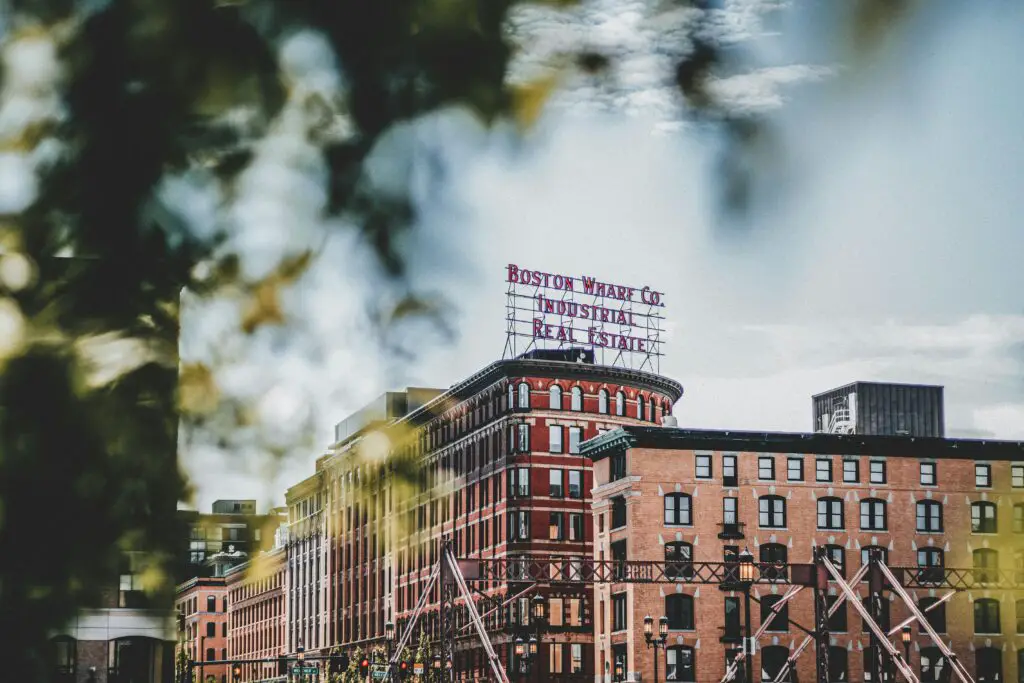
Boston’s rich history and excellent hospitals make it attractive, but the cost of housing is turning off many older residents. Even modest homes or apartments fetch a high price, and the city’s aging infrastructure can be difficult for seniors to navigate. Snowy winters don’t help either—especially when paired with high heating bills. Many retirees find they’re stuck paying too much for too little comfort.
Suburbs can be equally pricey, and Massachusetts taxes some retirement income. Retirees often look toward the Carolinas or even parts of New England like New Hampshire, which offers lower taxes and quieter towns. Boston has brains, but retirees are searching for balance. In this case, the head isn’t always winning over the heart—or the wallet.
9. Philadelphia, Pennsylvania
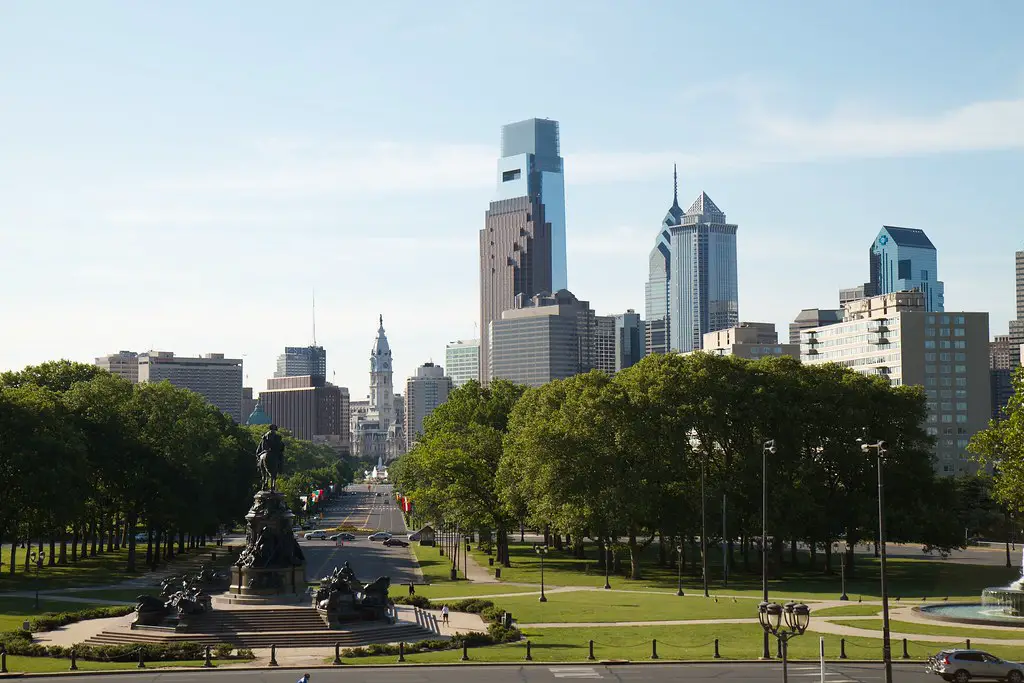
Philadelphia has excellent hospitals and cultural institutions, but it’s also dealing with rising crime and spotty public services. For retirees who value security and easy access to healthcare, that’s a troubling combination. Property taxes remain moderate, but inflation is making it harder to live comfortably. Add in occasional transportation strikes and aging public infrastructure, and life here can feel unpredictable.
Smaller Pennsylvania towns or nearby Delaware communities are attracting retirees looking for a calmer environment. Many are also concerned about access to in-home care or reliable public transit. Retirees want stability, not stress. And right now, Philly’s balancing act isn’t quite holding up.
10. Austin, Texas

Austin once had a reputation as a cool, affordable city with a friendly vibe. But explosive growth over the past decade has led to major challenges—skyrocketing home prices, worsening traffic, and infrastructure strain. Retirees who once moved here for a laid-back lifestyle are finding it harder to maintain. Some are now looking to less-hyped Texas cities like San Antonio or Waco.
Healthcare is available, but navigating the city is increasingly frustrating. Noise, construction, and sprawl are making Austin feel less livable for aging residents. And the affordability that drew so many retirees in the 2000s has mostly evaporated. It’s still fun—but maybe not the best fit for a quiet retirement.
11. Denver, Colorado
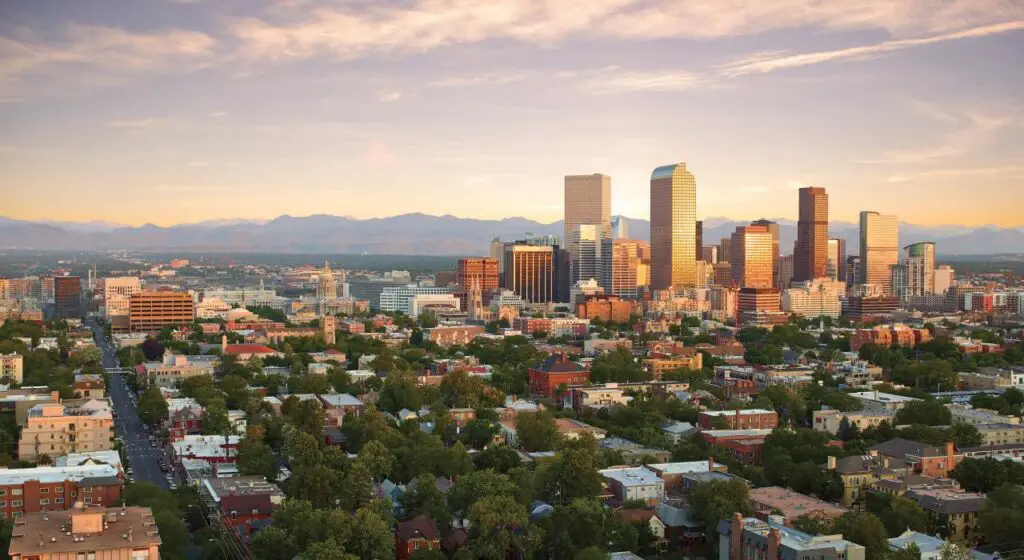
Denver’s mountain views and sunny climate have long been appealing, but the city is becoming less senior-friendly. Real estate costs are high, winters are unpredictable, and the altitude can pose health challenges for some. Public transportation access isn’t ideal for those who no longer drive. And healthcare services are starting to feel overburdened due to population growth.
Many older adults are now choosing lower-altitude towns or even leaving Colorado altogether. Retirees say they’re looking for better walkability, fewer stairs, and more consistent care. The pace of development in Denver can also feel overwhelming. It’s a gorgeous place—but not always a practical one for retirees.
12. Portland, Oregon

Portland offers plenty of charm, but many retirees say it’s changed a lot in recent years—and not always for the better. The cost of living has crept up, and the city’s public safety issues are frequently cited by residents choosing to leave. Aging infrastructure and rising homelessness are making some neighborhoods feel less predictable or secure. And for people looking for calm, the city’s political climate can feel a bit chaotic.
Healthcare options remain solid, but the influx of new residents has led to longer wait times and increased traffic. Smaller Oregon towns like Bend or Medford are gaining favor for their slower pace. Portland still has its strengths, but it’s no longer the no-brainer retirement destination it once was. For many, it’s time to move on.
